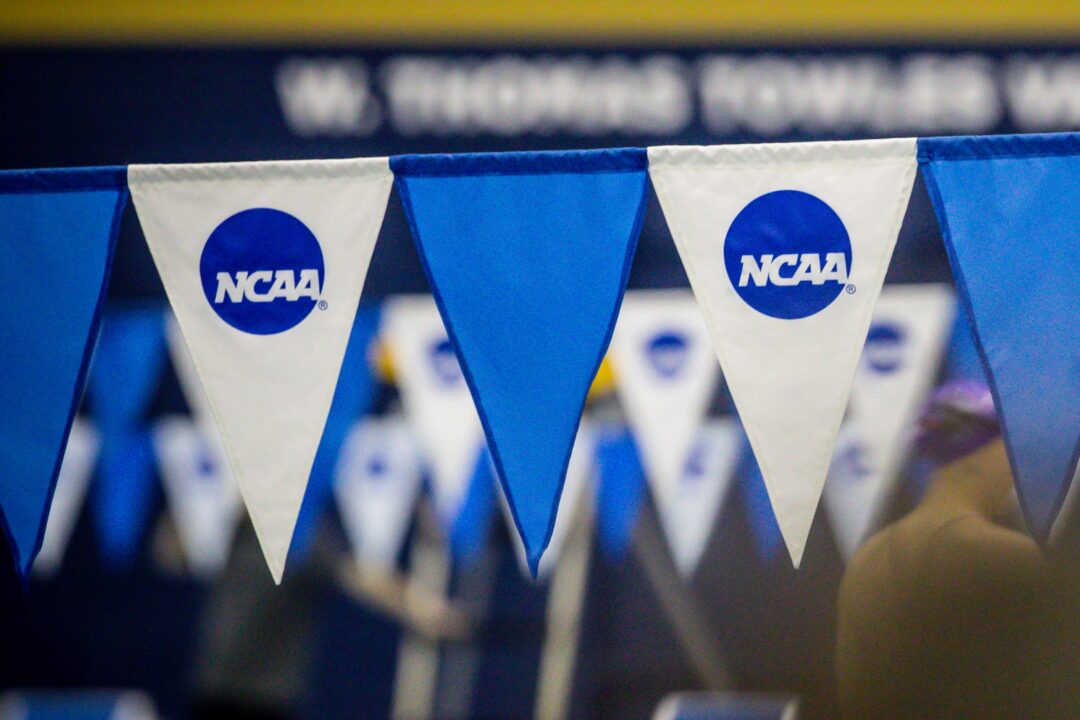Courtesy: Robbie Dickson
On Tuesday, United States District Court Judge Clifton Corke denied the State of Tennessee and Commonwealth of Virginia’s motion for a temporary restraining order (TRO) against the NCAA in their antitrust action.
The Attorney Generals for Tennessee and Virginia initiated action against the NCAA on January 31 after it was reported the NCAA was investigating Tennessee for alleged NIL violations. In their antitrust lawsuit, the plaintiffs allege that the NCAA’s NIL recruiting ban constituted an “illegal agreement to restrain and suppress competition.” Currently, the NCAA’s rules prevent prospective student-athletes from negotiating NIL deals during the recruiting process.
After filing the lawsuit, the plaintiffs sought a TRO and preliminary injunction (1) preventing the NCAA from enforcing the NIL-recruiting ban and (2) enforcing the “Rule of Restitution” as applied to the recruiting ban. The Rule of Restitution is a powerful rule for the NCAA and provides that if an athlete obtains an injunction from a court that prevents the NCAA from punishing an athlete (i.e. ruling them ineligible) and then the appellate court overturns the injunction, the NCAA may extend the punishment and also punish the school for allowing the athlete to compete while the injunction was in place. The Plaintiffs looked to prevent the NCAA from initiating any action to prevent prospective student-athletes and transfer student-athletes from engaging in NIL conversation prior to enrollment.
In the Court’s memorandum, the Court stated that TROs and preliminary injunctions are “extraordinary remedies which should be granted only if the movant carries [its] burden of proving that the circumstances clearly demand it.” There are four factors that the Court considers in determining whether to grant relief:
- Whether Tennessee/Virginia [movant] has shown a strong likelihood of success on the merits;
- Whether Tennessee/Virginia [movant] will suffer irreparable harm if the injunction is not issued;
- Whether the issuance of the injunction would cause substantial harm to others; and
- Whether the public interest would be served by issuance of the junction
The Court found that there is “substantial evidence” that the NCAA’s NIL-recruiting ban likely harms competition. The Court compared the ban to an absolute ban on competitive bidding, which the Supreme Court found to be anticompetitive. Economic consultant Andrew Schwarz analyzed the data since the adoption of the NCAA’s interim NIL policy and ultimately concluded that the restraints on student-athletes “will have little or no impact on the distribution of talent across a sport.” The Court also rejected the NCAA’s procompetitive justification of preventing the potential exploitation of student-athletes stating that the NCAA failed to demonstrate how protecting student-athletes from potential exploitation is procompetitive.
In making its decision on the first factor, the Court held that the Plaintiffs are likely to succeed on the merits of their claim under the Sherman Antitrust Act.
Today, a federal judge said TN and VA are likely to prevail in their antitrust suit against the NCAA.
Although the court declined to issue a TRO, the judge reasoned the NCAA can be held monetarily liable for any harms, thus negating the need for a TRO.
➡️https://t.co/OiKY8HcvCZ pic.twitter.com/6RT8RUVMkc
— TN Attorney General (@AGTennessee) February 7, 2024
Next, the Court considered whether the plaintiffs would suffer irreparable harm if the TRO was not granted. The legal standard is that plaintiffs must show “they will suffer ‘actual and imminent’ harm rather than harm that is speculative or unsubstantiated.” A harm is not irreparable if it is “fully compensable by monetary damages.” The Court ruled against the Plaintiffs and concluded that any lost NIL opportunities are likely compensable by monetary damages.
Because the Plaintiffs were unable to establish irreparable harm, the Court denied the TRO and did not examine the last two factors – substantial harm to others and public interest.
However, the fact that the Court held that the Plaintiffs would likely win on their Sherman Antitrust Act claim is a significant statement and gives the Plaintiffs momentum moving forward.

I’ve never seen so much effort made to convince the masses they’re all extraordinary. A human machine typically has one question; does it work? Allow the emotions to run away with things, and the question becomes; how does it look?
One would simply look at the time, and the other would look for a following.
One naturally draws attention, the other pays for it.
Which is most damning to the individual.
I hope that dedicated athletes pay little attention to the cultural nonsense that seeps like a toxic chemical into their lives. Let the “institutions” choke on their own mess. Only you can get yourself to the wall faster.